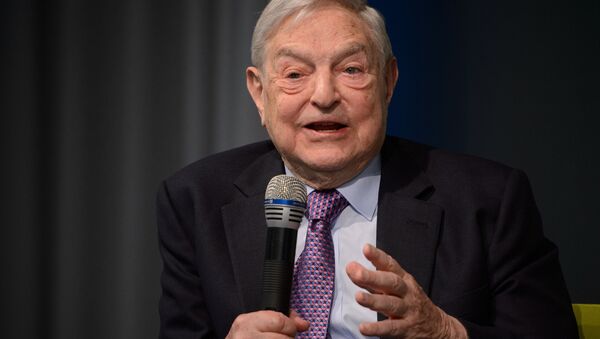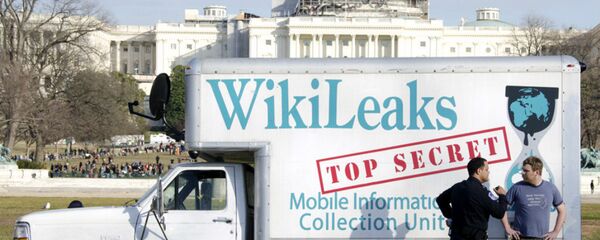"The hackers may have had access to the foundations' network for nearly a year," Bloomberg writes. "Although Open Society has about 800 full-time staff, as many as 7,000 people have access to Karl, which is used to circulate draft program proposals, budgets and other internal documents."
The second target of the hack is the NATO's former top military commander General Philip Breedlove.
"The hackers were apparently reading Breedlove's personal e-mails that went back to at least 2012, a period when he was among the highest-ranking U.S. military officers and was commander of the U.S. European Command and NATO Allied Command Operations," says Bloomberg.
Notably, the website blames the newest additions in what one could call an increasingly embarrassing row of US cyber security fails on "Russian hackers".
Why they would think so remains uncertain, as the website says the following:
"Security experts now say that site, DCLeaks.com, with its spiffy capitol-dome logo, shows the marks of the same Russian intelligence outfit that targeted the Democratic political organizations."
"The e-mails and documents posted to the DCLeaks site in early June suggest that the hackers may have a broader agenda than influencing the U.S. presidential election, one that ranges from the Obama administration's policy toward Russia to disclosures about the hidden levers of political power in Washington."
Thus, while literally anything regarding this event has no ground, it is a perfect target for speculations and assumptions. Sailing through the sea of speculations, it does not seem to be far-fetched to alternatively suggest the Open Society has been hacked by one of the organization's disappointed employees. It is also not entirely unlikely to assume that General Breedlove's email servers' security was poor enough to let some inquisitive geek in. Who knows?
However, Sputnik believes assumptions are unprofessional for a news agency and, as we expect some proof to emerge in the near future, would like to return to facts.
Facts say that earlier this year the Russian government has dismissed the idea that it was involved in the hack of the Democratic National Committee. WikiLeaks founder Julian Assange said there's "no proof whatsoever" that Moscow was involved.





